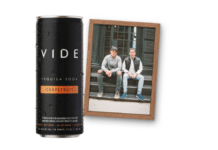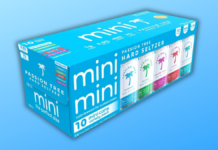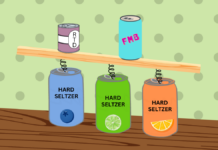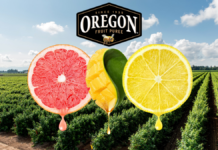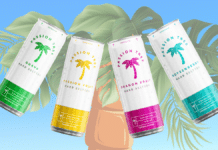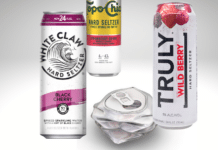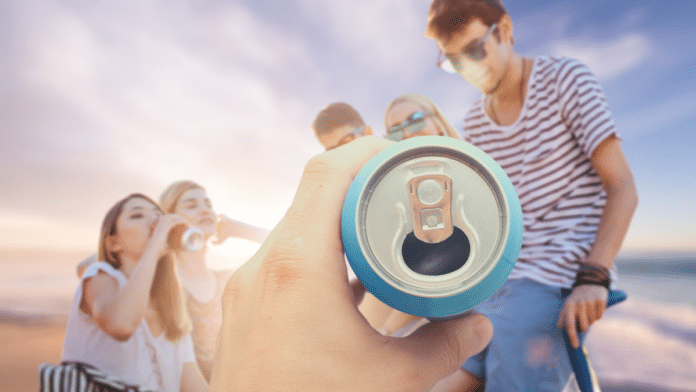Many Americans are wondering how they can safely maintain some semblance of normalcy as we progress into a holiday season unlike any other. As bars and restaurants test the waters of reopening in the midst of the coronavirus pandemic, consumers think twice about the way they consume, and a canned beverage bubbles to the top of your options.
What is the safest way to imbibe?
The safest place to drink is still at home, and the surge of popularity in canned beverages points to that. It’s the ultimate portable package. Many regions around the world are imposing tougher restrictions in an attempt to lower their positivity rates and curb the virus, so enjoying a drink at the pub may not be in the cards for many people for weeks to come.
Hard Seltzer is almost exclusively sold in cans, and the recent aluminum can shortage proves it. Several big brands of hard seltzer have faced out-of-stock situations at retail due to the inability for the can supply to meet demand.
Canned drinks are relatively shelf stable. White Claw, for instance, is best up to a year after its production date, according to its website. Many consumers try to limit their exposure outside, making fewer trips to the store but buying more per trip. Be sure to check for individual expiration dates, but you can generally expect canned beverages to keep for at least a few months.
Drinking at the pub
If you do venture to a bar or restaurant, drinking a prepackaged hard seltzer may be your safest option. When drinking out of a bar glass, it is harder to guarantee that it has been properly sanitized between uses. Ordering a drink made by someone else also opens up more opportunities for exposure to germs.
Some workplaces have even prohibited open beverage containers in an effort to slow the spread. One benefit of cans over glasses is their relatively small opening, allowing less opportunity for germs to contaminate your drink.
Cans are a safe alternative
It’s also easier to sanitize cans. While the virus is mainly spread from person to person, it is still possible to catch it from surfaces. The length of time that the virus survives on surfaces differs depending on the material and can range from a few hours to several days. WebMD notes that the virus lasts on aluminum surfaces for two to eight hours, but up to five days on glass.
If you are particularly concerned about minimizing risk, it’s easier to wipe down a can whether you are stocking your fridge or ordering out at a restaurant. According to the CDC’s Guidance for Cleaning and Disinfecting, “normal routine cleaning with soap and water removed germs and dirt from surfaces. It lowers the risk of spreading COVID-19 infection.”
In order to minimize as much risk as possible, buying hard beverages prepackaged in aluminum is a pretty safe bet. To be extra cautious, wash the cans with a mild soap and water and let them sit for a few hours before consuming. Others use sanitizing wipes in an attempt to disinfect the surface.
If you do choose to enjoy alcoholic beverages at bars or restaurants, be sure to follow your local safety guidelines. Dine outside when that option is available, and take care to maintain at least six feet of space between yourself and other patrons.
- Molson Coors Increases NA Foothold with La Colombe Coffee - September 15, 2021
- Half Time Beverage Adds Seltzer and Canned Cocktails Gift Packs - September 14, 2021
- Coming Soon: Great Lakes Agave Twist Ranch Water - September 13, 2021


